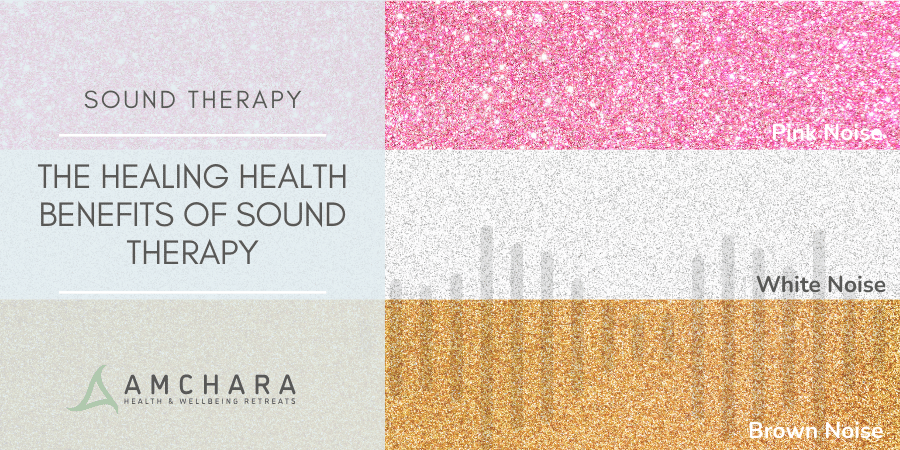Topics Covered in this article:
Sound therapy, or sound healing, is sometimes also referred to as sound bathing because it is deeply immersive and all encompassing – a full body experience.
Science shows that sound vibrations exert powerful effects on the body, slowing down brain waves and aiding our bodies to be relaxed, sometimes reaching a dream-like state. Research also links listening to music to reduced stress levels and boosting the function of the immune system.
In the modern internet world there is an overwhelming amount of information; it can be hard to find health advice that you can trust, particularly as the main media channels are typically dominated with a single, orthodox narrative.
We always take an evidence-based approach, orientated towards a holistic and Personalised Health approach, and aim to provide you with actionable knowledge and tips to help you on your journey to optimal health.
In this article we’ll take a closer look at sound therapy, the difference between white, pink and brown noise, and the potential benefits for your health and wellbeing.
Sound therapy
There are different ways of experiencing sound therapy but typically it involves varying combinations of specialist instruments, music and sounds played in a therapeutic way. It is thought to exert positive effects on health and wellbeing both physiologically and psychologically, and is particularly effective when combined with mindfulness and self-reflection techniques.
Different, specialised frequencies of sound can be used to create a calming, restful atmosphere that promotes emotional release and healing. The sound vibrations impact the body’s tissues on a cellular level, causing cells to compress and relax alternately. This is thought to be stimulating to the tissue, aiding the improvement of metabolism and blood circulation, as well as improving muscle tension.
Research has also shown that sound therapy can exert a beneficial effect on alleviating symptoms of many chronic health conditions such as PTSD, anxiety, autistic spectrum disorders, tinnitus, and dementia.
In part, this is due to its ability to reduce levels of the stress hormone cortisol and so help alleviate symptoms of stress, as well as assist with lowering blood pressure, heart rate and cholesterol levels – and generally promoting relaxation, sleep quality and wellbeing.
The colour of sound – white, pink and brown noise
Exposure to coloured noises is trending. The difference between these types of noise comes down to frequency – they effectively work by emphasising different frequencies over others. What they all have in common is the ability to make other sounds less perceptible, effectively drowning out other sounds that can be distracting, and so exerting a calming effect on the brain and body.
The vagus nerve
This is the body longest cranial nerve, running from the brain to the abdominal organs. It interacts with many different parts of the body, and because of this it is sometimes referred to as ‘the wandering nerve’.
It is of vital importance to a myriad of bodily functions, aiding the regulation of heart rate, breathing, digestion and the immune system, as well as exerting an effect on emotions and mood, through its ability to regulate the body’s parasympathetic nervous system.
Stimulating the vagus nerve can induce a calming effect and sound therapy can help to initiate this stimulation by triggering a parasympathetic response that soothes the body and in turn the mind. Similarly, singing or humming is another way of stimulating the vagus nerve.
Takeaway
Everyone will respond in an individual way to different frequencies, so if you are interested in finding more about the benefits of sound therapy, it is advisable to do some research and experiment with listening to different types of noise to see what resonates with you positively.
If you would like to find out more about optimising your health, then our Amchara retreats are designed to help you detoxify both physically and mentally, and our Personalised Health practitioners will support you and empower you to ‘Change for Good’.
On an Amchara health retreat you will be immersed in a supportive and nurturing environment that enables you to switch off, relax and kickstart your health journey, with tailored advice from our Personalised Health practitioners, taking into account your individual health circumstances and goals, and including physical activities and empowering, educational talks.
Have you benefitted from the healing health benefits of sound therapy? We know that sharing experiences is a vital part of improving health and wellbeing, and we’d love to hear from you.




